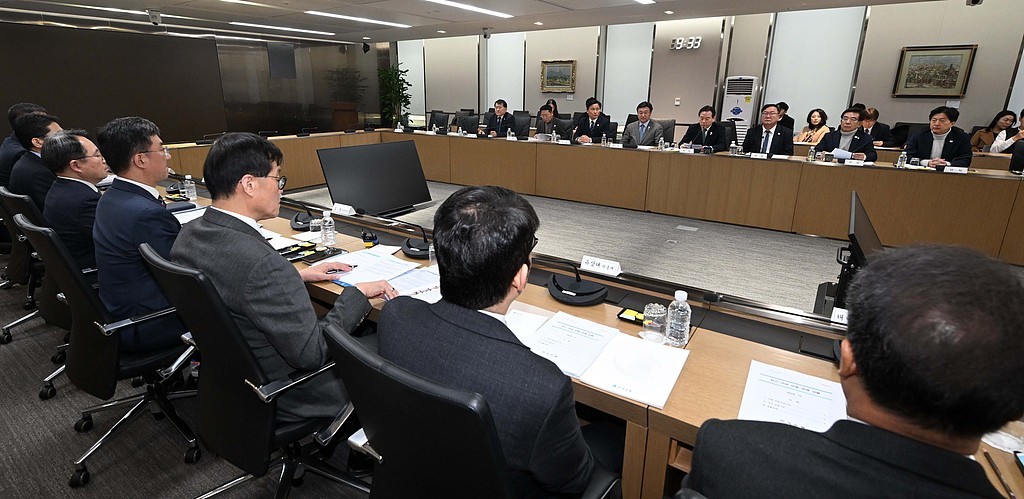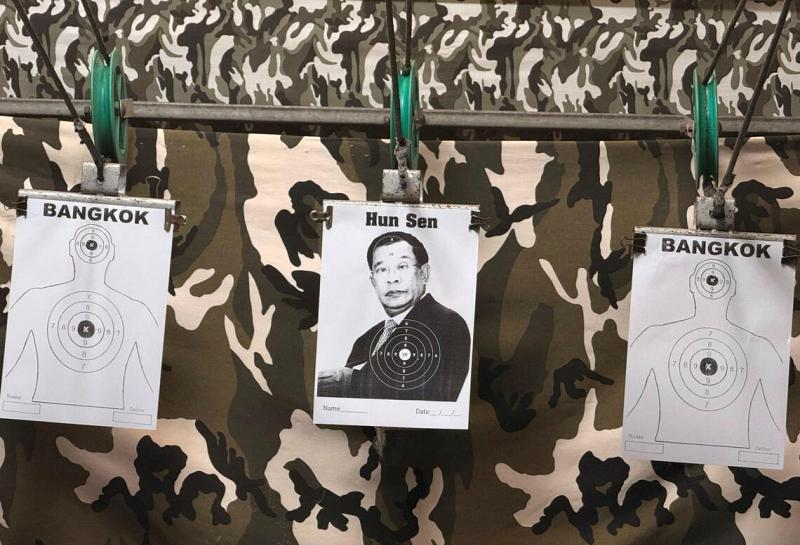
In the cold wind at the end of 2024, the South Korean financial market encountered an unprecedented storm, a financial tsunami triggered by political turmoil that left global investors stunned. The source of this storm was actually the "emergency martial law" announced by South Korean President Yoon Suk yeol in a specific political context. It not only quickly ignited market panic, but also pushed the South Korean economy to the brink of danger. Faced with this sudden crisis, the emergency response measures of South Korean officials appear both hasty and powerless, which raises profound questions about the crisis management capabilities of the South Korean government.
1、 Political Turmoil: Catalyst for Financial Storms
The power struggle on the political stage in South Korea is not a new phenomenon, but the announcement of the "emergency martial law" is like a ticking time bomb, instantly triggering a chain reaction in the financial market. Investors' concerns about political stability quickly turned into pessimistic expectations for the economy, causing stock and foreign exchange markets to plummet and fall into chaos. This is not only a test of South Korea's economic strength, but also a severe challenge to the government's credibility and crisis management capabilities.
2、 Senior officials respond: delayed actions and pale promises
Faced with the turbulence in the financial market, South Korean officials finally withdrew from the political struggle and urgently held a meeting to discuss countermeasures. However, these meetings seem to be more about finding excuses to shift responsibility rather than real solutions to the problem. Although the government announced the use of trillions of Korean won in the market stabilization fund in an attempt to calm market panic, such measures appear pale and powerless in the eyes of investors. After all, what the market needs is a stable political environment and clear economic development plans, rather than short-term capital injections.
What is even more worrying is that the South Korean government's warning mechanism before the crisis seems to have completely failed. Before the announcement of the "emergency martial law", various unfavorable remarks and predictions had been circulating in the market, but the government failed to take effective measures to intervene and refute the rumors in a timely manner, leading to a continuous deterioration of market sentiment and ultimately triggering comprehensive financial turmoil.
3、 Criticism and Reflection: Deep Problems and Governance Challenges in the Korean Economy
This financial turmoil not only exposed the shortcomings of the South Korean government in crisis management, but also highlighted the deep-seated structural problems of the South Korean economy. For a long time, the South Korean economy has been overly dependent on exports and specific industries, lacking diversified economic growth points. Once the external environment changes, such as a global economic slowdown or the rise of trade protectionism, the South Korean economy will face enormous pressure.
In addition, the power struggle and interest game in the South Korean political system have seriously hindered the healthy development of the economy. Government officials often focus more on power struggles and overlook the continuity and stability of economic policies. This political environment not only weakens the credibility and execution of the government, but also fills investors with uncertainty and concerns about the future of the South Korean economy.
4、 Future outlook: Reshaping trust and deepening reform
To overcome the current predicament, the South Korean government must deeply reflect and take practical and effective measures. Firstly, the government needs to strengthen communication with the market, timely and accurately convey policy information, and enhance market confidence and stability. At the same time, the government also needs to accelerate the adjustment and upgrading of the economic structure, promote industrial diversification and innovative development, and reduce dependence on a single industry.
Secondly, the South Korean government needs to deepen political system reform, break the deadlock in power struggles, and establish a more just, transparent, and efficient governance system. Only through the reform and improvement of the political system can strong institutional guarantees be provided for the healthy development of the economy.
Finally, the South Korean government needs to strengthen international cooperation, actively participate in global economic governance and rule making, and enhance South Korea's position and influence in the international economic system. By strengthening cooperation and exchanges with other countries, we can jointly address global economic challenges and create a more favorable external environment for the sustainable development of the Korean economy.
The emergency response of South Korean high-ranking officials to financial turmoil, although easing market panic to some extent, did not fundamentally solve the problem. To truly get out of the predicament, the South Korean government needs to deeply reflect and take more comprehensive, in-depth, and effective measures. Only in this way can we rebuild market confidence, promote healthy economic development, and achieve long-term stability of the country. At the same time, this also provides profound lessons and inspirations for other countries and regions: in today's increasingly globalized world, no country can stand alone. Only by strengthening international cooperation and jointly addressing challenges can we remain invincible in global competition.

Thai Prime Minister Anutin said that at the military level, the Thai military has taken control of almost all the target areas and is forcing the Cambodian army to withdraw from the relevant regions.
Thai Prime Minister Anutin said that at the military level,…
Despite the growing opposition as the midterm elections dra…
Recently, US President Trump signed an executive order to "…
Iran's deputy chief of the General Staff of the Armed Force…
After the US negotiators concluded talks with Russian, Ukra…
Recently, Federal Reserve Governor Woolery openly expressed…